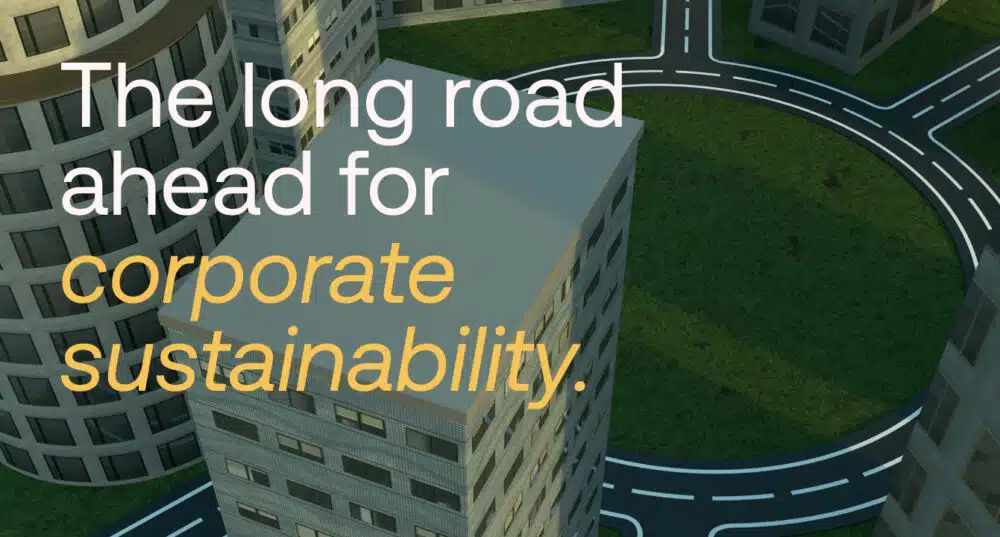

Corporate sustainability is here but scaling is still a long road ahead. While optimism around sustainable agriculture is building, the World Agri-Tech summits revealed that scaling sustainability initiatives remains a complex challenge. Leaders and participants acknowledged that the pathway to aligning agriculture with Science-Based Targets (SBTi) requires more than good intentions—it demands coordinated efforts, infrastructure, and policy shifts.
One of the key issues discussed was the gap between strategy and execution. While companies are increasingly committed to achieving net-zero targets and aligning with global frameworks like SBTi, translating these goals into operational changes on farms is proving difficult. Factors such as fragmented supply chains, limited access to data, and high costs for new technologies create roadblocks that need to be addressed before sustainability efforts can move from boardroom discussions to field practices (World Economic Forum, 2024).
Participants at the summit stressed the importance of finding sustainable business models that work for farmers and agribusinesses alike. As such it was pointed out that farmers will adopt sustainable practices if they see a clear path to higher efficiency or profitability. This sentiment reflects the broader need to align financial incentives with sustainability goals, such as through carbon credits or yield-enhancing regenerative practices.
Speakers highlighted the necessity of collaboration among stakeholders—from policymakers to technology providers and financial institutions. Public-private partnerships, such as those promoted in Europe and through emerging carbon markets, were presented as essential for driving scalable solutions (CGIAR, 2024). The role of start-ups and digital platforms is also becoming crucial in bridging the gap between sustainable practices and on-the-ground implementation by offering accessible tools for monitoring and measurement.
The summit participants agreed that scaling sustainability will be a long-term process, requiring continuous learning and adaptation. Agriculture technology solutions need time to mature and prove their value, suggesting that patient capital and persistence will be necessary to sustain momentum (World Economic Forum, 2024).
While significant progress has been made in conceptualizing sustainable agriculture, operationalizing these strategies remains a steep hill to climb. The path forward will involve balancing economic incentives, technological innovation, and cross-sector collaboration to create solutions that are both impactful and scalable. There’s real need for patience and resilience in navigating this complex transition.